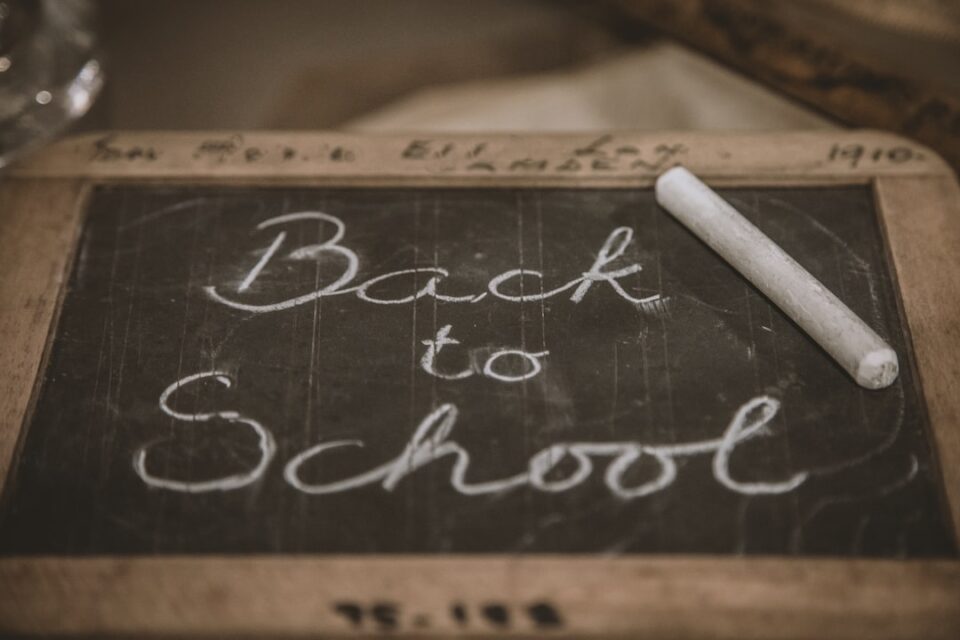The Impact of Social Media on Education
In today’s digital age, social media has become an integral part of our everyday lives. It has revolutionized the way we communicate, connect, and share information. With its increasing popularity and widespread usage, social media has inevitably made its way into the field of education, bringing both opportunities and challenges. In this blog post, we will explore the impact of social media on education and its implications for students, teachers, and educational institutions.
One of the significant advantages of social media in education is its ability to enhance communication and collaboration among students and teachers. Social networking platforms such as Facebook, Twitter, and Instagram provide a space for students to interact, share ideas and resources, and engage in discussions beyond the confines of the traditional classroom. These platforms encourage active participation and the exchange of different perspectives and opinions, fostering a dynamic learning environment. Students can ask questions, seek clarification, and receive prompt feedback from their peers and teachers, thereby promoting a more interactive and engaging learning experience.
Moreover, social media offers an extensive array of educational resources and opportunities that can supplement traditional classroom instruction. Institutes, educators, and experts share a wealth of educational content, including tutorials, lectures, and research findings on platforms like YouTube, LinkedIn, and academic blogs. Students can access and utilize these resources to enrich their understanding of various subjects, explore new fields of interest, and develop essential skills. Social media platforms have leveled the playing field, allowing even those in underserved communities or remote areas to access quality educational content and bridge the educational gap.
Furthermore, social media has facilitated the formation of global learning communities. Through online platforms, students can connect and collaborate with peers from different countries and cultures, gaining exposure to diverse perspectives and developing cross-cultural communication skills. This global connectivity builds empathy, tolerance, and a broader understanding of the world, preparing students for the challenges of a globalized society. It also provides opportunities for virtual exchange programs, joint projects, and cultural exchanges, giving students a taste of international collaboration and expanding their horizons.
However, it is essential to acknowledge the potential drawbacks of social media in education. The most significant concern is the distraction it poses to students. With the constant temptation to check notifications, browse unrelated content, or engage in non-educational conversations, students can easily lose focus and fall behind in their studies. Teachers and educational institutions must ensure that social media usage is guided and appropriately managed to maximize learning benefits and minimize distractions.
Additionally, to fully harness the advantages of social media, digital literacy skills are crucial. Students and teachers should be educated about proper online etiquette, privacy settings, and how to distinguish reliable sources of information from false or misleading ones. Teaching students how to critically evaluate online content and engage in responsible digital citizenship empowers them to navigate the vast amount of information available on social media and become discerning consumers of knowledge.
In conclusion, the impact of social media on education has been both profound and multifaceted. Its ability to facilitate communication, collaboration, and access to educational resources has transformed the learning landscape and created endless possibilities for students to engage and learn beyond the traditional classroom. However, to fully harness the potential of social media in education, careful guidance, digital literacy education, and responsible usage are imperative. With the right approach, social media can revolutionize education and equip students with the necessary skills and knowledge to thrive in a rapidly evolving digital world.

